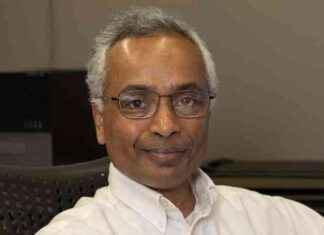The international community is not on track to achieve its water goals. The targets include, for example, guaranteeing everyone worldwide access to clean drinking water and sanitary facilities by 2030. “Now is the time to act,” Guterres warned.
Around 10,000 representatives from government, business and civil society attended the three-day conference in New York. The participants pledged, among other things, the construction of toilets and regeneration measures for dried up rivers and wetlands.
However, there are financial commitments for less than a third of these goals, explained Charles Iceland from the think tank World Resources Institute. Nevertheless, these “voluntary commitments are a good start”. In an interview with the AFP news agency, Iceland particularly highlighted a German-led project intended to secure water resources in the Niger Basin, which nine African countries use.
Stuart Orr of the environmental organization WWF agreed that although “all is not rosy”, “many of the commitments made this week are very good”. Apparently, the realization is slowly gaining ground that the problem of water supply will “only get worse” in the future.
To give more weight to the issue, conference participants called on Guterres to appoint a UN special envoy on water. The UN Secretary-General promised to examine the proposal.
According to UN figures, in 2020 two billion people worldwide did not have safe access to clean drinking water, and 3.6 billion people lacked proper sanitary facilities. In such living conditions, diseases such as cholera, dysentery and polio spread easily. Climate change is further aggravating the water scarcity that prevails in many places.












